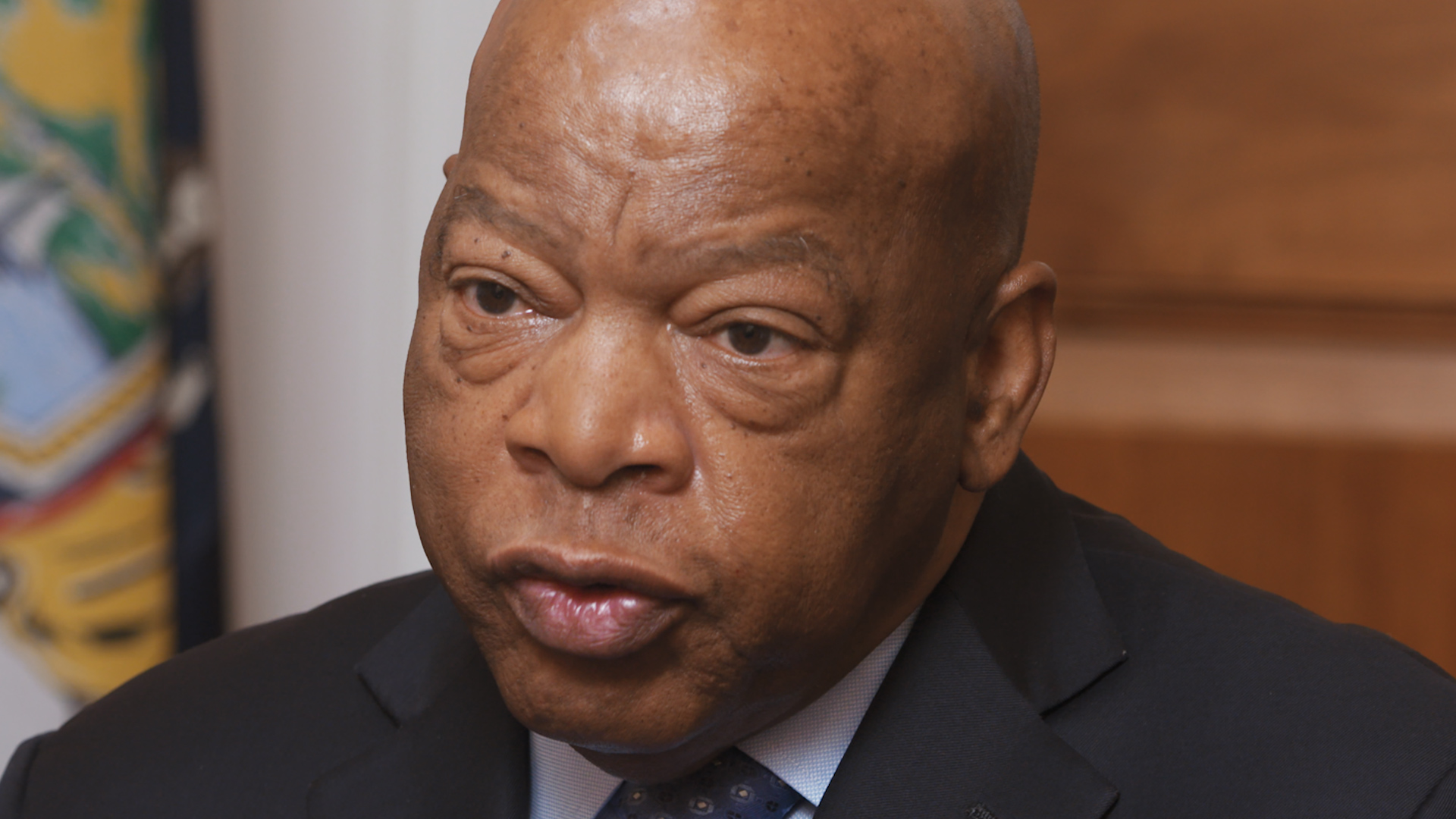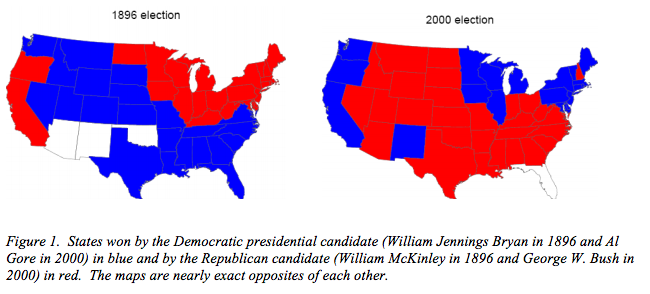The Reason People Are Calling John Lewis Racist

By:
Rep. John Lewis (D-Ga.) is facing backlash from the right after questioning the legitimacy of Donald Trump's election. One of the more spectacular examples is the recent charge that Lewis is a misinformed racist.
 attn.com
attn.com
Though Lewis is widely regarded as a leader of the civil rights movement, his legacy has been challenged by some politicians after he told NBC News Friday that he didn't "see this president-elect as a legitimate president." Trump fired off a series of tweets Saturday, including one that stated Lewis was "all talk... no actions or results." But as the controversy has developed, some have taken their criticism of Lewis' statements to the next level.
Tommy Hunter, a Republican commissioner serving the Gwinnett County Board in Georgia, called Lewis a "racist pig" on Saturday in a since-deleted Facebook post.
Hunter's opinion has been echoed on social media with one Twitter user using a meme to make the case that Lewis has shown "America his true racist color."
If Lewis isn't a racist per se, his activism around civil rights has been politically misguided, other have argued. Maine Gov. Paul LePage suggested that he ought to thank white Republicans for their role in the civil rights movement during an interview with local radio station WVOM on Tuesday.
"I will just say this: John Lewis ought to look at history," LePage told the WVOM. "It was Abraham Lincoln who freed the slaves, it was Rutherford B. Hayes and Ulysses S. Grant who fought against Jim Crow laws. A simple thank you would suffice."
Again, the sentiment was picked up on social media with one meme making a similar point:
The problem with the "John Lewis is a racist" argument should be self-evident.
Lewis has championed equal rights throughout his career as an activist and a federal representative, and questioning Trump's presidency doesn't lend itself to racism. Racism, as defined by Merriam-Webster is "a belief that race is the primary determinant of human traits and capacities and that racial differences produce an inherent superiority of a particular race." Furthermore, as noted by journalist Marc Lamont Hil on "CNN Newsroom" in July, “black people don’t have the institutional power to be racist or to deploy racism.”
The problem with the latter argument is that it neglects to account for the partisan realignment of the U.S. that took place during the 1960s, which was largely catalyzed by the civil rights movement.
 Columbia University - columbia.edu
Columbia University - columbia.edu
"From 1876 through 1964, the South was run by white-dominated state Democratic organizations whose racial exclusion policies were tacitly accepted by the leadership of the national Democratic and Republican parties," Columbia University researcher Andrew Gelman explained in a 2013 report. "From the 1940s through the 1970s, however, the northern Democratic party moved to support civil rights for African Americans, and the south moved toward the more conservative Republican party."
The idea that Lewis owes gratitude to the contemporary Republican party because some members of its progenitor pushed for civil rights in the early 1960s, therefore, makes about as much sense as calling Lewis a racist.
